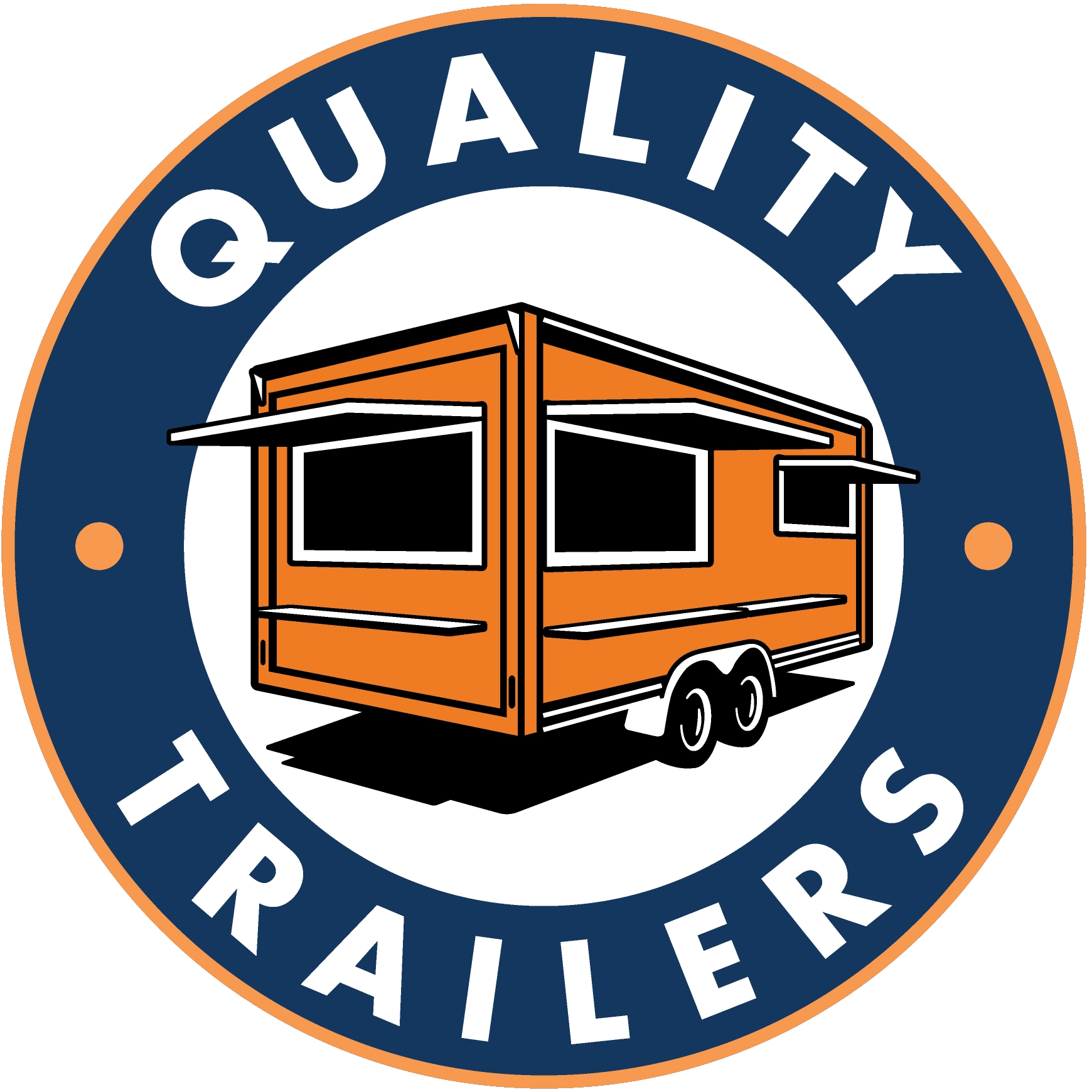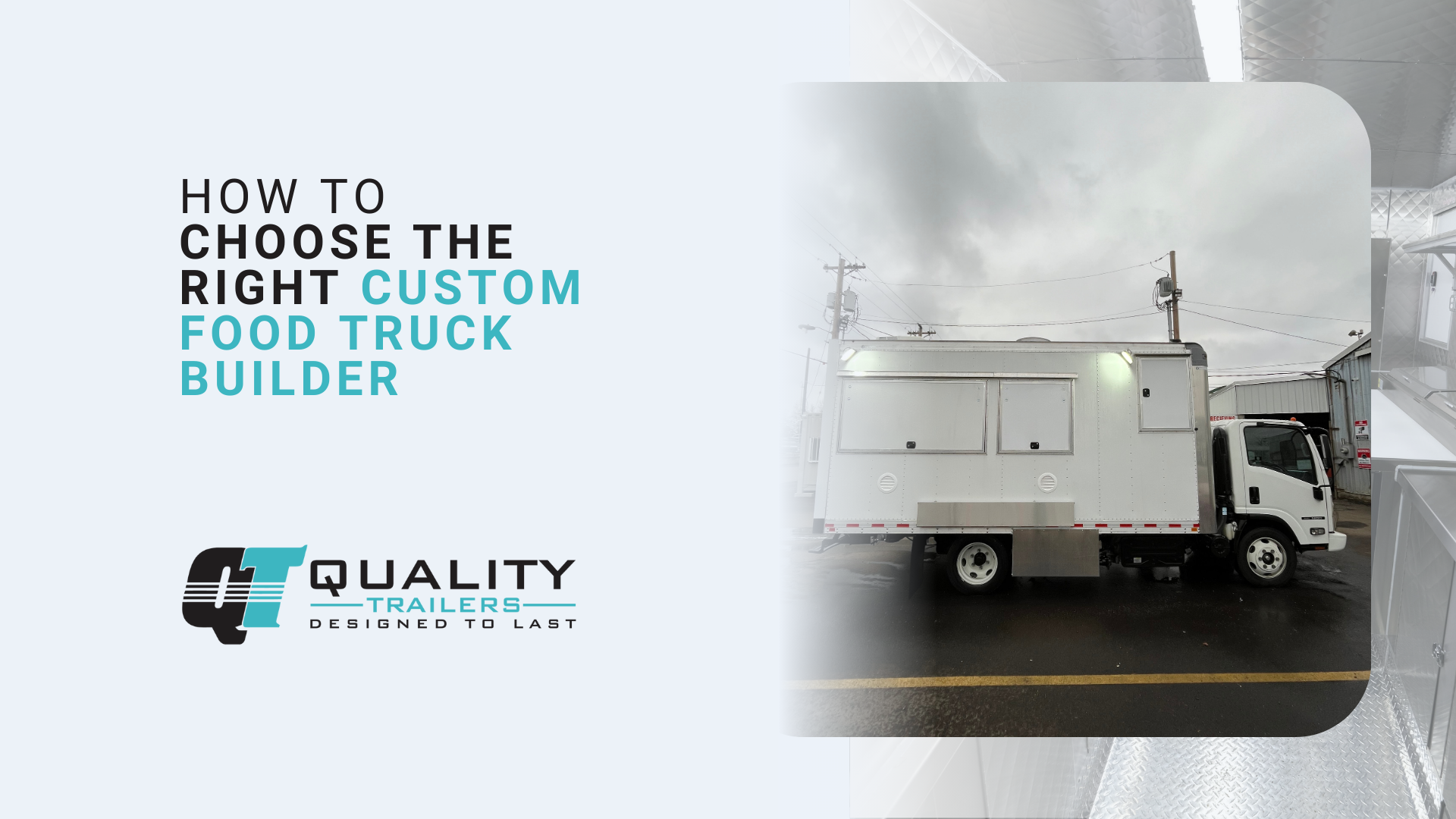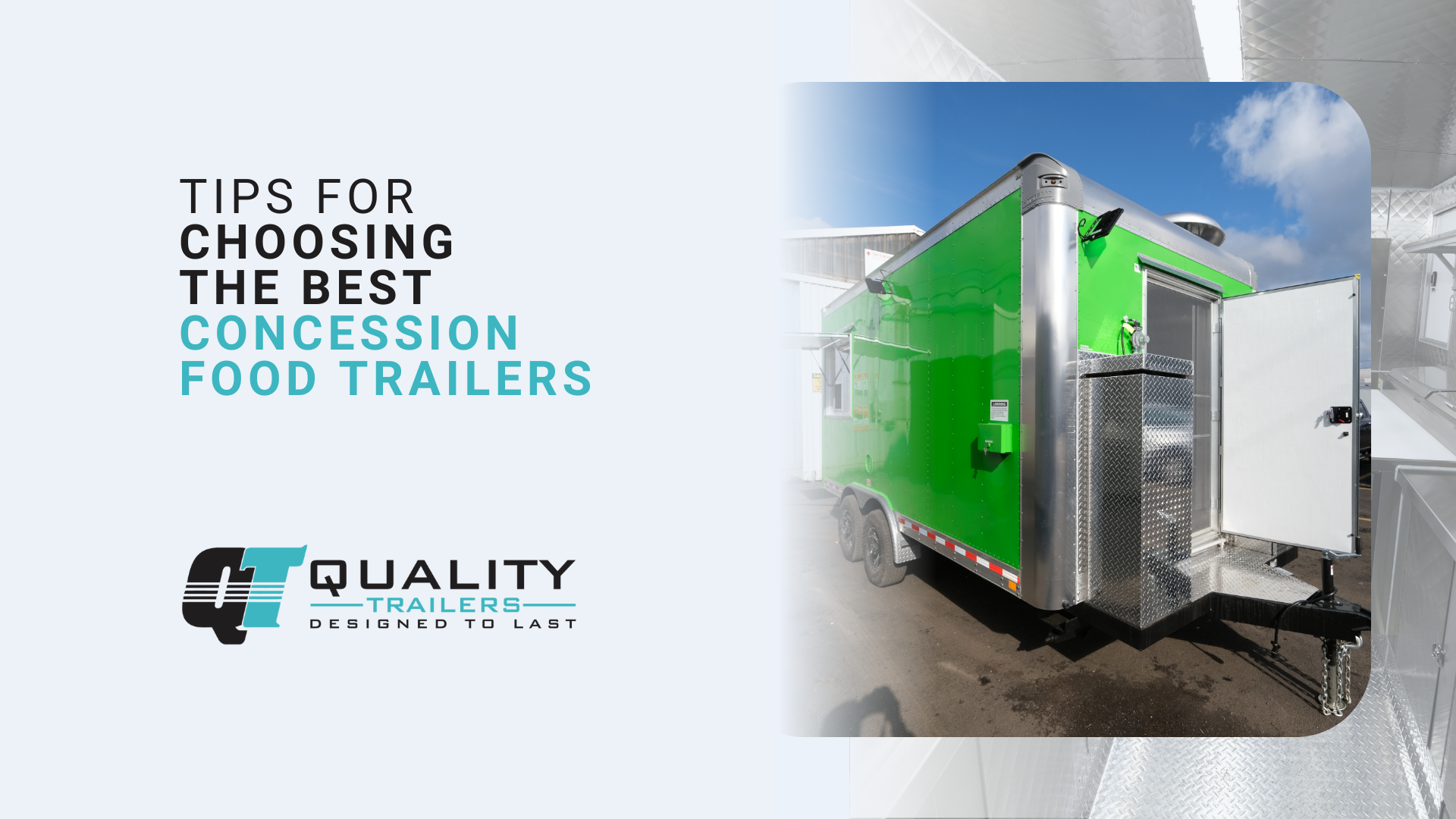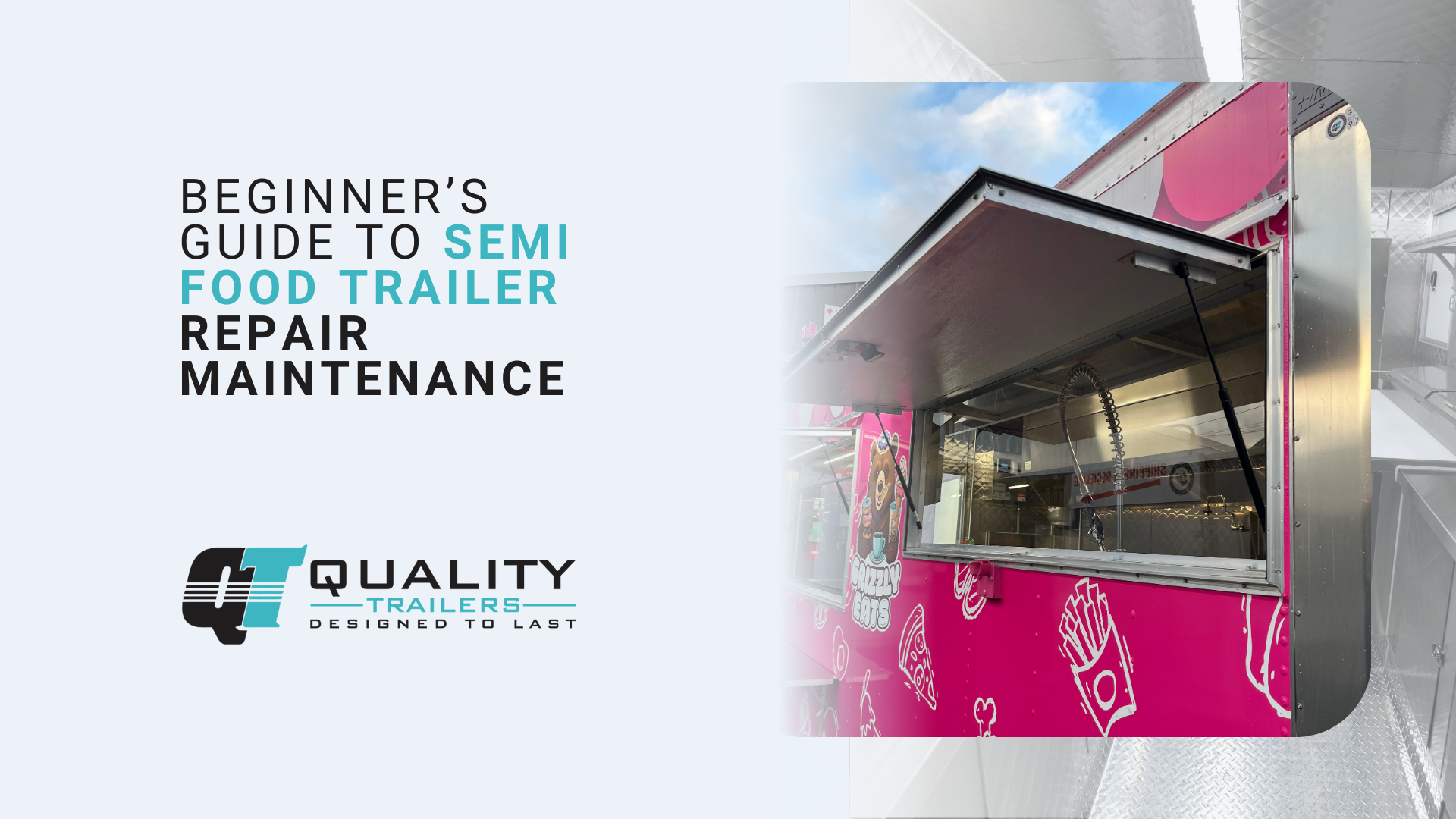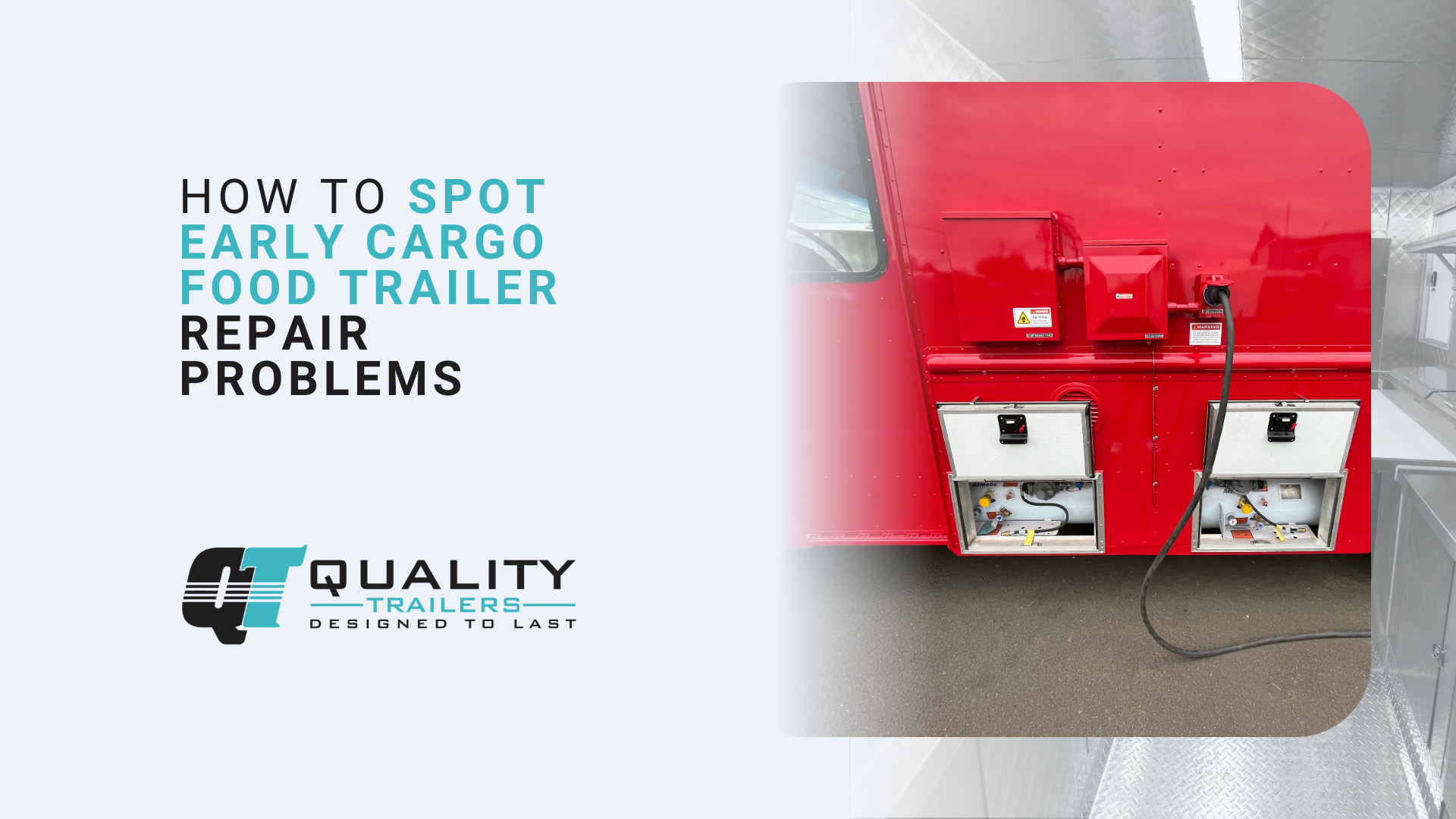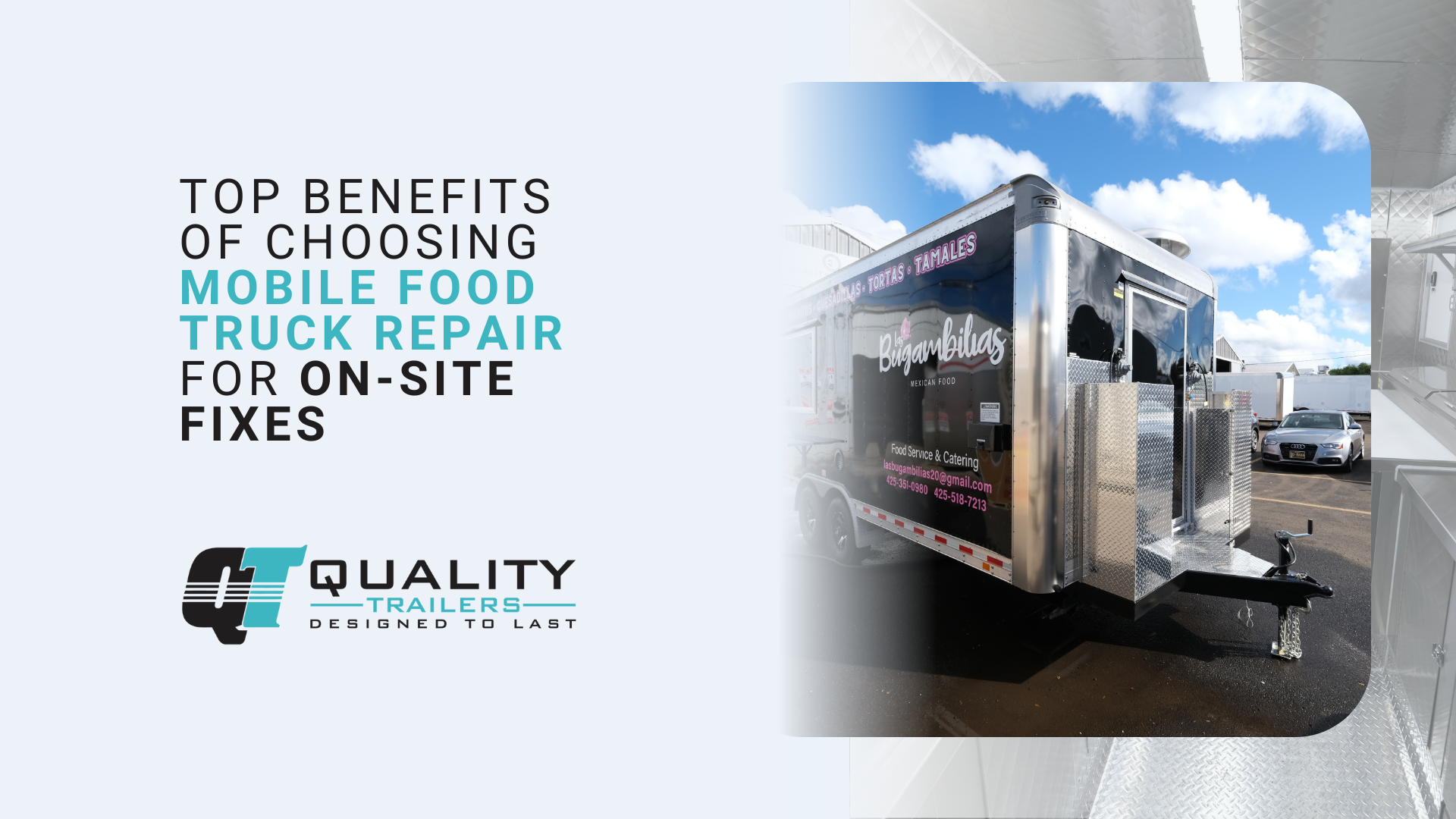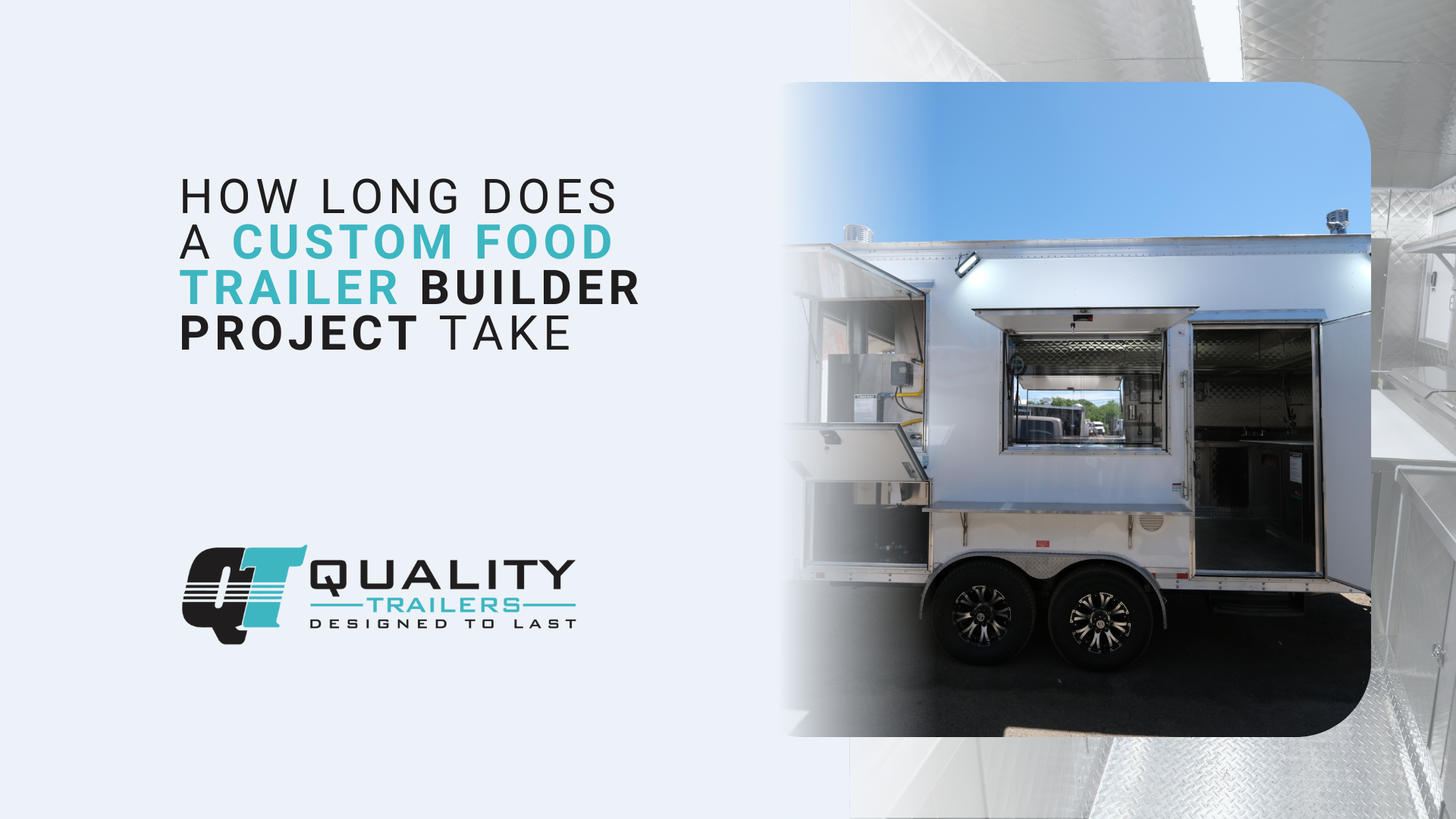
How Long Does a Custom Food Trailer Builder Project Take?
Learn the typical timeline for custom food trailer construction, from design to delivery. Discover what factors impact build schedules and how to plan your mobile food business launch effectively with
